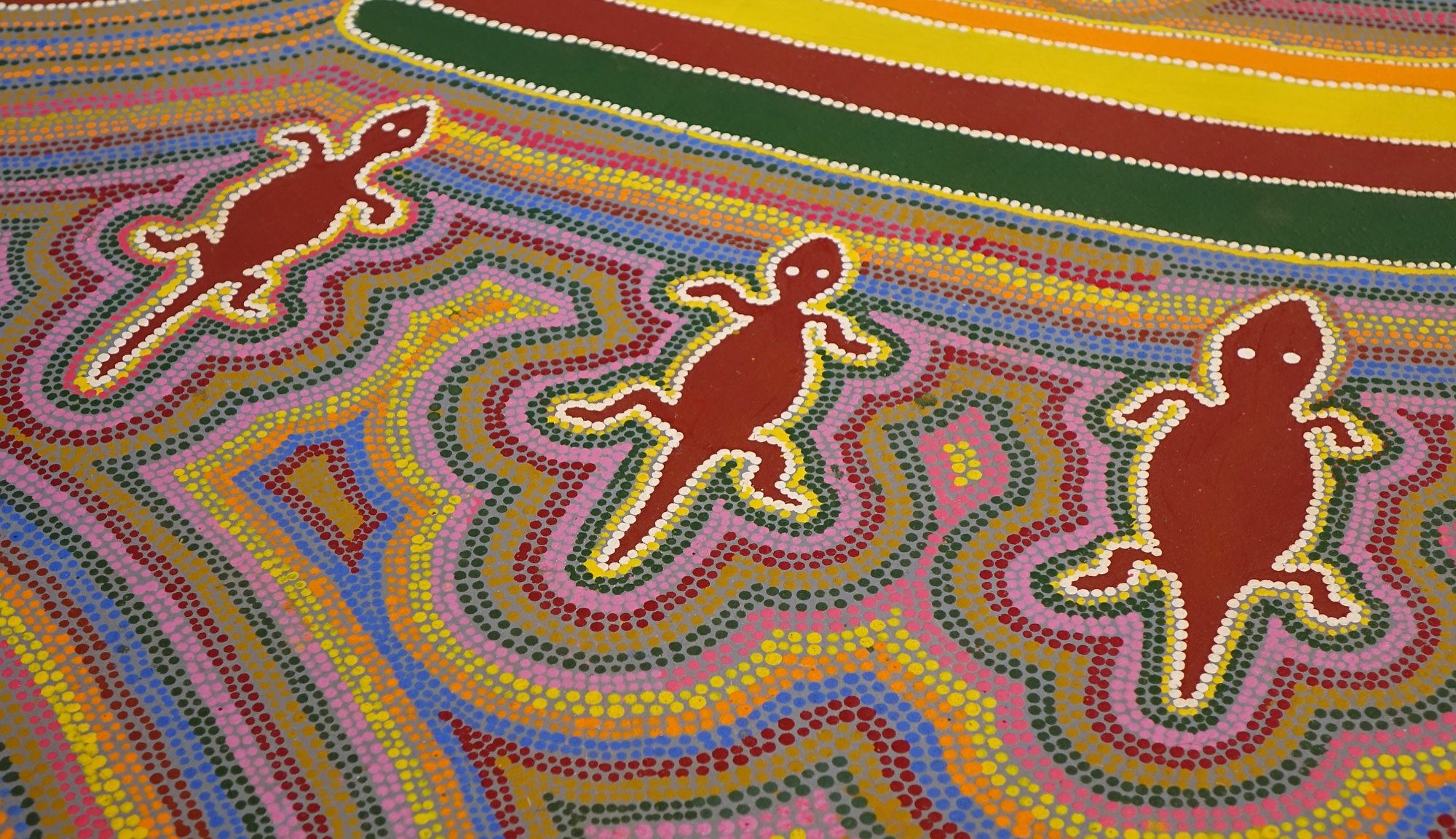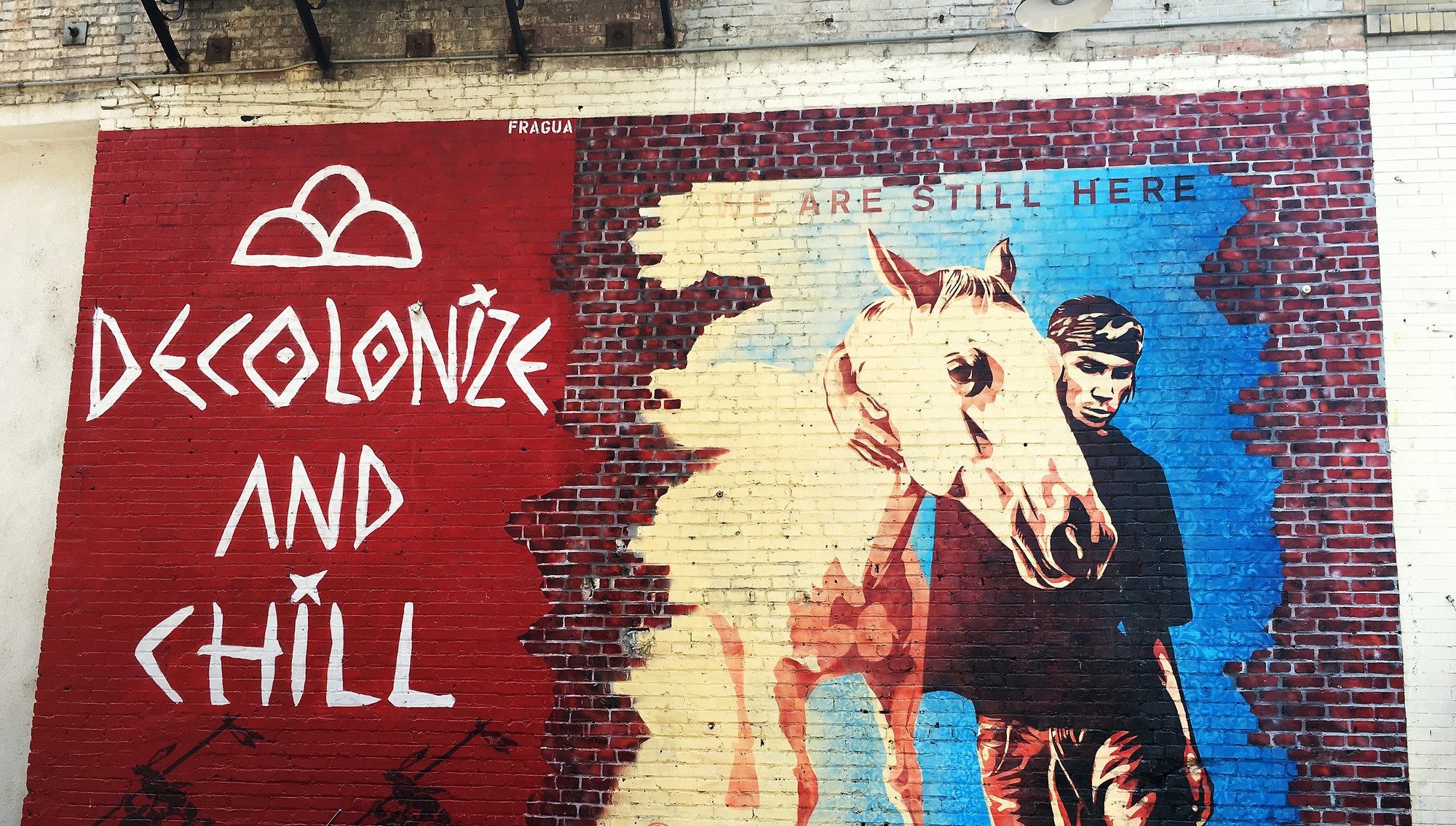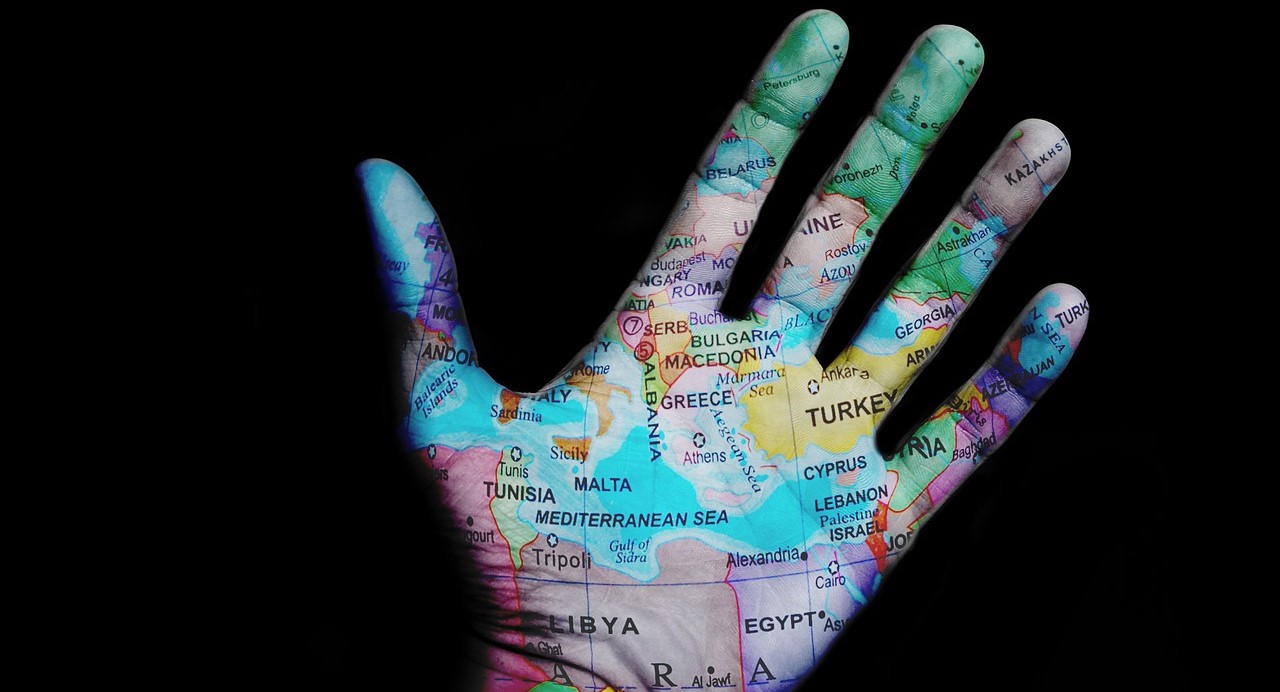by Julia Schöneberg, Arda Bilgen, and Aftab Nasir
Coming from three different educational, geographical, and class backgrounds, the three of us met for the first time in a research institute in Germany. Together with a group of international colleagues, we were eager to be trained in Development Studies and pursue a PhD degree. In reminiscing about this journey many years later, we shared the struggles and challenges we experienced during our so-called ‘fieldwork’ stays in very different geographies and realised that there was a blatant gap not only in the way we approached our research, but also in the way we were trained: a lack of confrontation with the centrality of power and positionality in ‘development’ research (or any kind of research for that matter) – and a disregard of the colonial legacy in the way knowledge is created and considered legitimate.
Continue reading “Why Positionalities Matter and What They Have to do with Knowledge Production”





